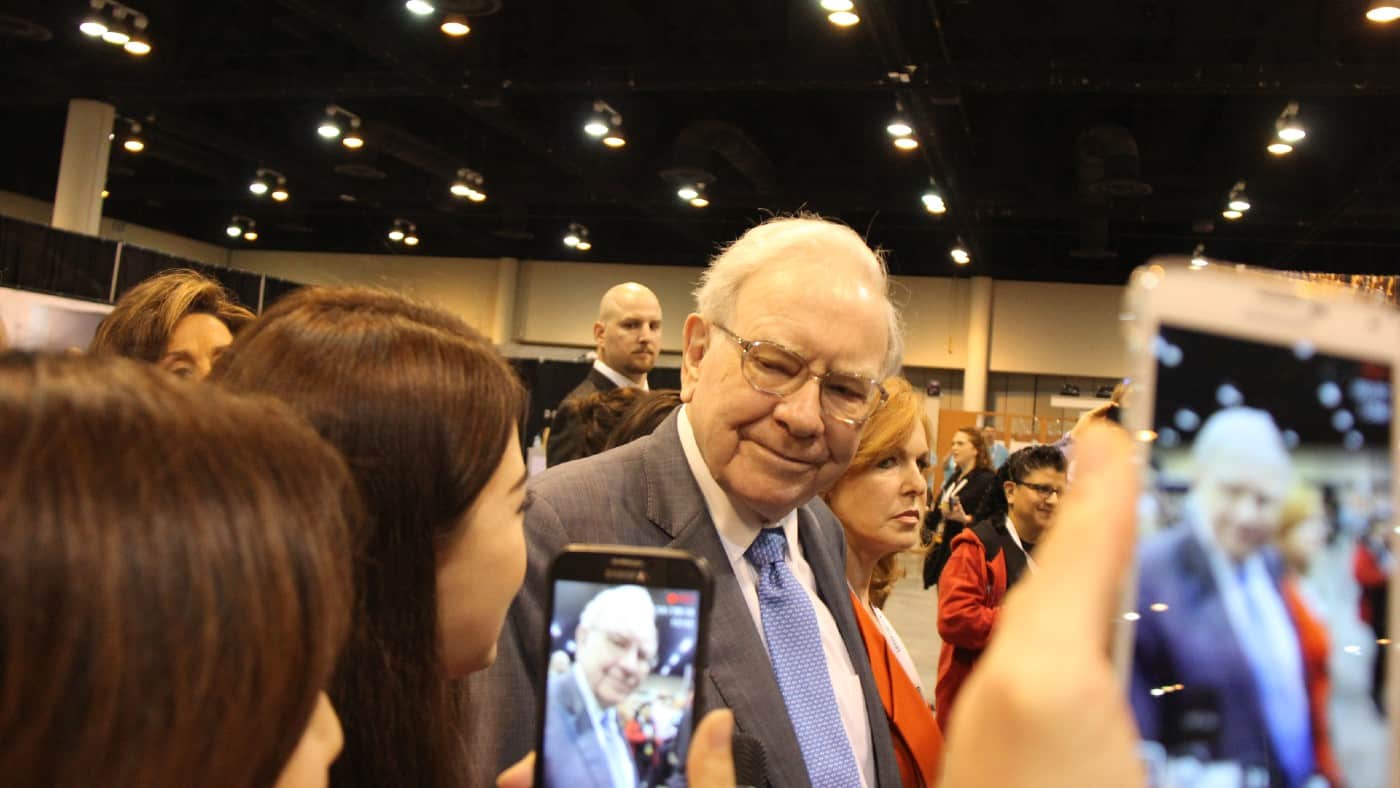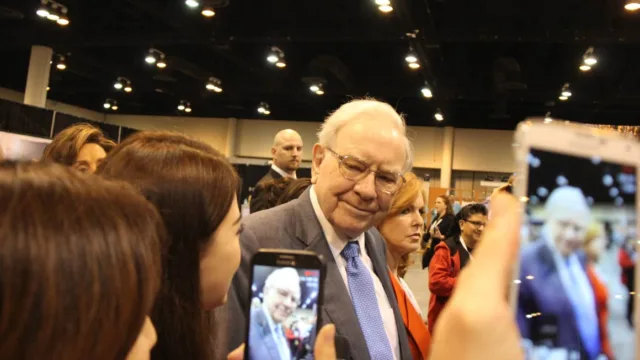
Warren Buffett has spent a lifetime advocating ‘value investing’. After reading The Intelligent Investor by Benjamin Graham, he was persuaded that the best way to make money was to buy stocks with valuations that don’t accurately reflect their intrinsic value. Central to his assessment is the use of discounted cash flow techniques.
A popular strategy
His approach has been copied by many others including Li Lu, who’s made the journey from a student leader during the 1989 Tiananmen Square protests to a successful investor. He’s been described as ‘Asia’s Warren Buffett’.
And there’s another similarity. Both indirectly own shares in BYD (OTC:BYDD.F), the Chinese electric vehicle (EV) maker. Berkshire Hathaway, Buffett’s investment vehicle, first took a stake in 2008. Although it started reducing its position in 2022, according to CNBC, it owned 4.4% of the company at 16 July 2024.
The firm which Lu founded, Himalaya Capital Management, is also believed to retain a stake in BYD. Indeed, it’s been reported that the Chinese billionaire was the person who convinced Charlie Munger to invest.
With two such prominent shareholders, I think it’s worth considering the pros and cons of buying BYD’s stock.
Taking a closer look
In 2024, it produced 3,523 more vehicles than Tesla. This means it’s now the world’s largest EV manufacturer. It also produces batteries and solar panels.
And despite its silly name (BYD’s short for ‘Build Your Dreams’), it certainly appears to be making good progress in Europe. I’ve started to see more of its vehicles on Britain’s roads and, I have to say, they look much more attractive than, for example, Tesla’s current range. However, it has a long way to go before it overtakes some of the more established manufacturers on the continent. But, unlike its American rival, at least sales are going in the right direction.
Also, the stock’s much more attractively priced than many of its peers. Its historic (trailing 12 months) price-to-earnings ratio’s less than 20. Tesla’s is well over 100. The differential is probably explained by the latter being viewed more as a tech company — with its emphasis on self-driving — rather than a traditional vehicle manufacturer. But I think this is a little unfair. BYD also offers autonomous driving capabilities — impressively named ‘God’s Eye’ — across its entire range.
However, despite these positive aspects, I don’t want to invest.
No thanks!
Some of my concerns relate to its home country. As a Chinese company, it’s a prime target for President Trump’s tariffs. That’s probably one of the reasons why it’s building a factory in Hungary and has another planned for Turkey. However, we’ve seen that it’s not just China that’s been targeted with higher import taxes.
Also, the Beijing government operates a different framework and has other priorities to most Western countries. In addition, BYD recently announced some significant price cuts of up to 34%. Inevitably, these will impact the group’s margin.
And I think it’s too easy to fall into the trap of basing the investment case on what’s happening at Tesla. At the moment, the Chinese group’s performing much better which means it’s tempting to buy. However, it still faces the same problems that are affecting its American rival, principally fierce competition and supply chain inflation.
For these reasons, BYD’s not for me.







